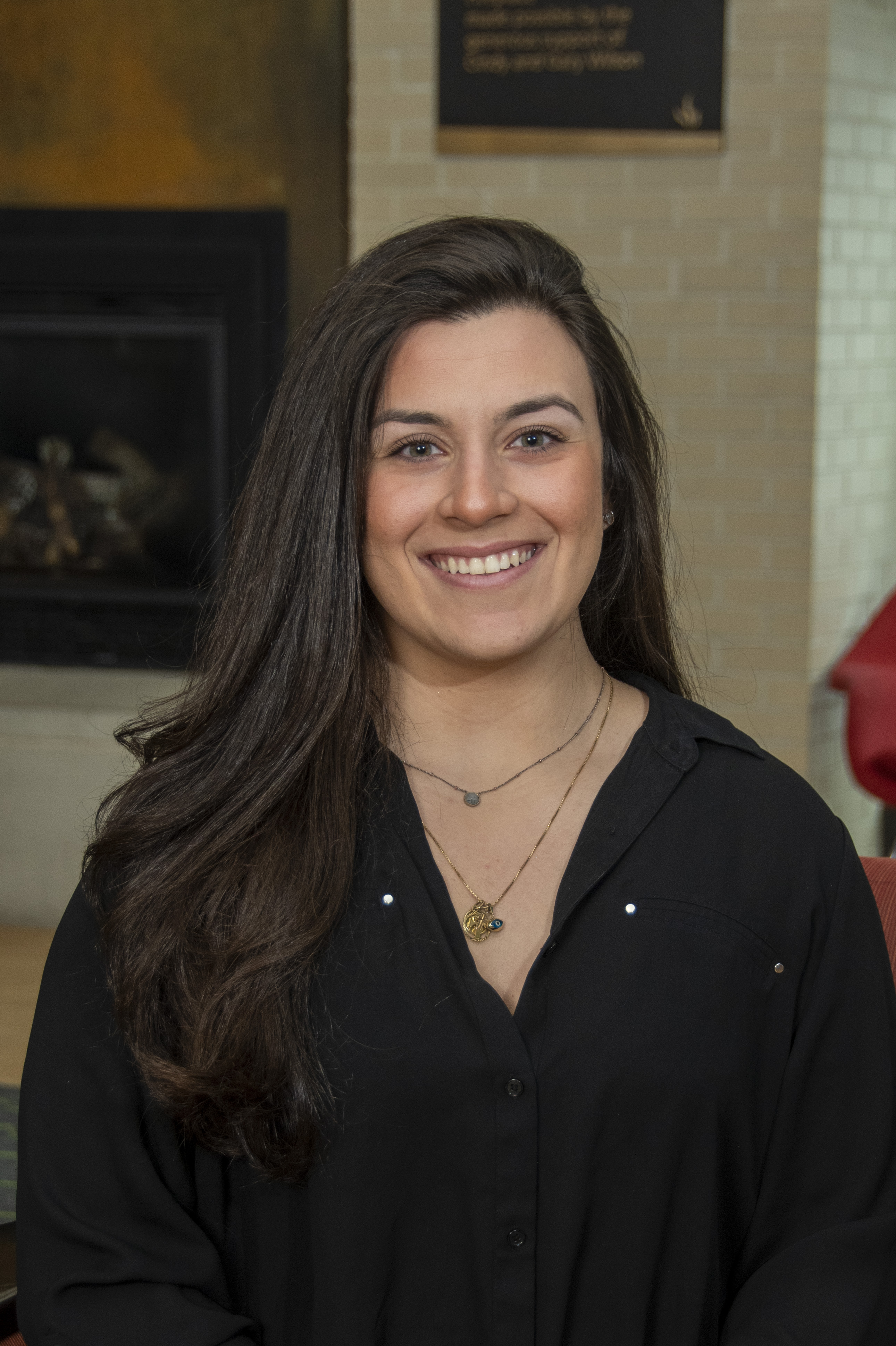Celebration of Scholars
The effect of a combined yoga and meditation session on self- reported physical and mental Quality of Life
 Name:
Taylor Sliwa
Name:
Taylor Sliwa
Major: Exercise and Sports Science
Hometown: Mount Prospect, IL
Faculty Sponsor:
Other Sponsors:
Type of research: Independent research
Abstract
Purpose:
This research was designed to determine if a combined 30 minute yoga and a 30
minute meditation session would decrease physical discomfort, and stress and
increase relaxation.
Methods: Twelve subjects voluntarily participated in this research during a group fitness class at Carthage College. All subjects were between age 19 to 22, with one subject over 60. The subjects were asked to take a three question survey before and after the session. Scores on each question ranged from 0 – 5.
Results: The physical discomfort score decreased from 3.4 (SD = 0.9) before the session to 1.9 (SD = 0.51) post session. This was a statistically significant difference t(11) 6.5, p < .01. Perceived stress level also significantly decreased from 3.25 (SD = 1.22 ) to 1.6 (SD = 0.79 ), t(11) 5.9, p<.05. The average score on the relaxation question was 2.3 (SD = 0.75 ) prior to the session compared to 4.7 after (SD =0.49 ). A higher score indicated greater relaxation; this difference was also statistically significant t(11) -8.4, p< .01.
Conclusion: An acute bout of yoga and meditation resulted in a statistically significant improvement in self- perceived stress, physical discomfort and relaxation. This suggests that even one session of yoga and meditation can have an important effect on the physical and emotional states of college- aged persons.
Submit date: April 3, 2020, 11:01 a.m.
